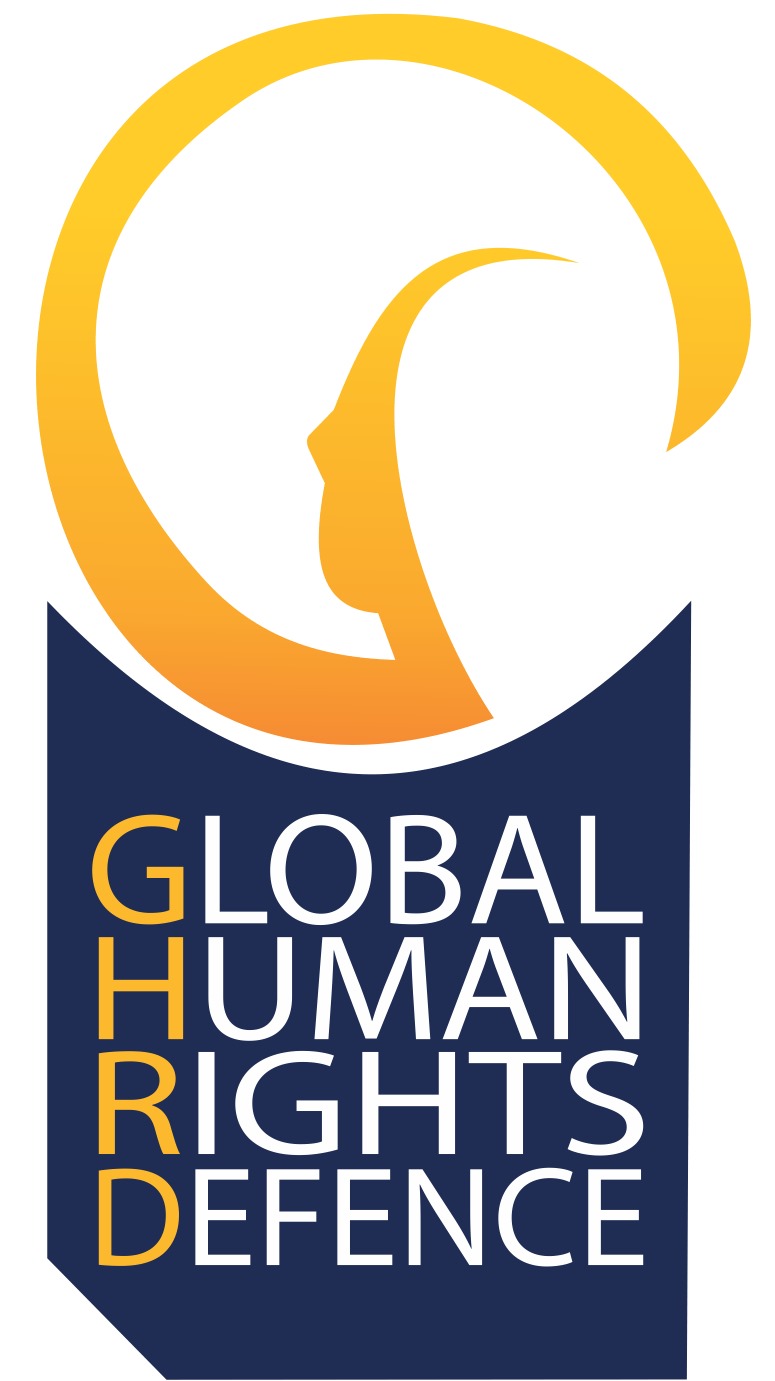- info@ghrd.org
- Mon-Fri: 10.00am - 06:00pm
Archive
1 Oct
Combatting Rape: A Critical Analysis of France’s National Legal Frameworks Through International and European Standards
This report critically assesses France’s legal response to rape, comparing its national frameworks with international and European standards. Despite notable progress in addressing sexual violence, shortcomings remain in French legislation, which does not fully meet the obligations outlined in international conventions such as CEDAW and the Istanbul Convention. The analysis identifies key areas for reform to improve victim protection, ensure justice, and uphold France’s commitments under human rights law
READ MORE31 Jul
Empowering Voters: The Role of Technology and Design in Elections
This report explores how technology and graphic/legal design can enhance voter awareness and participation in elections by making voting procedures more understandable and accessible. It highlights the importance of these tools in promoting transparency, accountability, and inclusivity, particularly in combatting misinformation and improving access for marginalised groups. Ultimately, the integration of these technologies fosters a more informed electorate and strengthens democratic governance by empowering citizens to participate effectively in the electoral process.
READ MORE30 Jul
Highlighting the Impacts of Castes on Children’s Access to Education in India
Education is a fundamental human right, yet around 711 million people globally remain illiterate, with India having the largest illiterate population at 287 million. While India's literacy rate reached 77.7%percent in 2022, the caste system continues to create significant disparities in educational access, particularly affecting lower-caste children. Despite some efforts to address this inequality, challenges remain, and the discrimination faced by Dalits contributes to higher dropout rates and limits opportunities for social mobility.
READ MORE10 Jun
Balancing Freedom of Religion and Sexual Education in the Americas
The Inter-American Court of Human Rights (IAtCHR) and the Inter-American Commission on Human Rights (IACHR) balance the rights of religion and sexual education in the Americas, ensuring non-discrimination, access to […]
READ MORE1 Jun
Women’s Rights in Afghanistan: A Periodic Review
Afghanistan's women are facing severe setbacks in their rights following the Taliban's return to power, which has led to significant restrictions on education, freedom of movement, and overall well-being. This report examines the complex history and current state of women's rights in Afghanistan, highlighting their resilience and ongoing struggle for dignity amidst oppressive policies. The resurgence of the Taliban has reignited global concern for women's rights, emphasising the urgent need for international support and solidarity in safeguarding their fundamental rights and empowering them for a just future.
READ MORE11 Apr
The Plight of the Rohingya People in Myanmar: A Human Rights and Humanitarian Crisis
The Rohingya people in Myanmar have been facing systemic discrimination, violence, and displacement for decades. The predominantly Muslim ethnic group, residing in the Rakhine State, has been denied citizenship and […]
READ MORE1 Mar
Women and the Working Environment
The report examines the role of women in the working environment, focusing on academia and research, leading positions, gender pay gaps, and maternity rights. Women represent half of the world […]
READ MORE10 Feb
Right to Religious Freedom and Non-Discrimination of Queer People in the Inter-American Case Law
Queer rights in Latin America have seen significant advancements since the 1990s, with victories such as decriminalization and the legalization of same-sex marriage. However, conservative and religious groups have resisted […]
READ MORE1 Jun
LGBTQ+ Rights in Bangladesh
The LGBTQ+ community in Bangladesh faces numerous systemic injustices, including physical and sexual violence, low representation in political and administrative bodies, discrimination in employment policies, and lack of access to medical services. This report aims to present the current situation of the LGBTQ+ community in Bangladesh, which has been largely due to the rise of religious extremism in the country. Despite initial improvements, such as the legal recognition of Hijras in 2013, the position of the LGBTQ+ community deteriorated due to the increasing influence of Islam in the country's public space. In 2016, the government urged to annul the Rainbow Rally celebration, and in the same year, Xulhaz Mannan, founder of Bangladesh's first and only LGBT+-themed magazine "Roopbaan," was killed by assailants associated with al-Qaeda. The number of arrests on the ground of "carnal intercourse against the order of nature" has exponentially increased in recent years, highlighting the ongoing police harassment against LGBTQ+ individuals. The report will analyze the legal, societal, political, and religious elements contributing to violence and discrimination towards the LGBTQ+ community, highlighting the ongoing violations of their fundamental human rights.
READ MORE25 May
The Massive Incarceration Of Women In Brazil: A Cycle Of Violence And Exclusion
The global trend of female incarceration is increasing, with 740,000 women currently in prison, a 17% increase from 2010. This rise is attributed to policies criminalizing drug possession and punishing […]
READ MOREABOUT US
Global Human Rights Defence (GHRD) is a dedicated advocate for human rights worldwide. Based in The Hague, the city of peace and justice. We work tirelessly to promote and protect the fundamental rights of individuals and communities. Our mission is to create a more just and equitable world, where every person's dignity and freedoms are upheld. Join us in our journey towards a brighter future for all.
ALL CONTACTS
-
Riviervismarkt 5-unit 2.07
2513 AM The Hague - Phone +31 62 72 41006
- info@ghrd.org
-
Mon-Fri: 10:00am - 06:00pm
Saturday & Sunday Closed - Bank Details: NL69 ABNA 0417 9430 24
- Chambers of commerce NR. 27261631
SUBSCRIBE
Stay informed and be part of change - Subscribe to our newsletter today!
- Copyright of ghrd 2023. Powered by Desmantle Studio.

